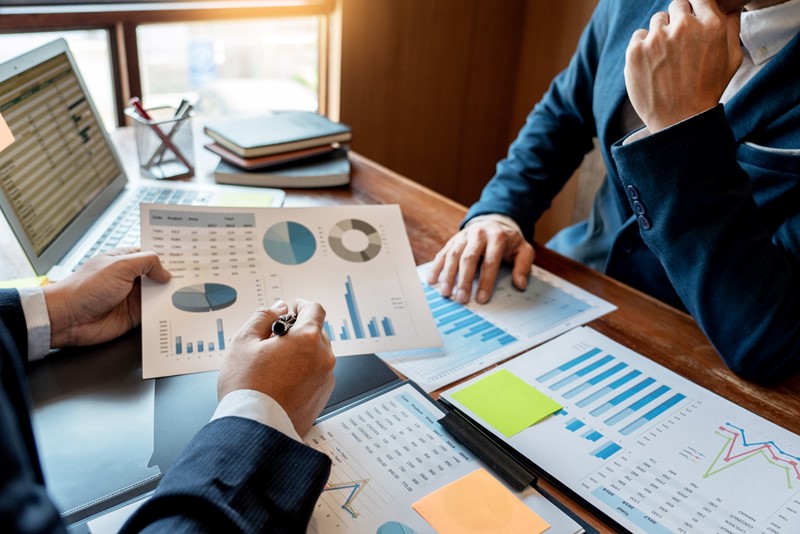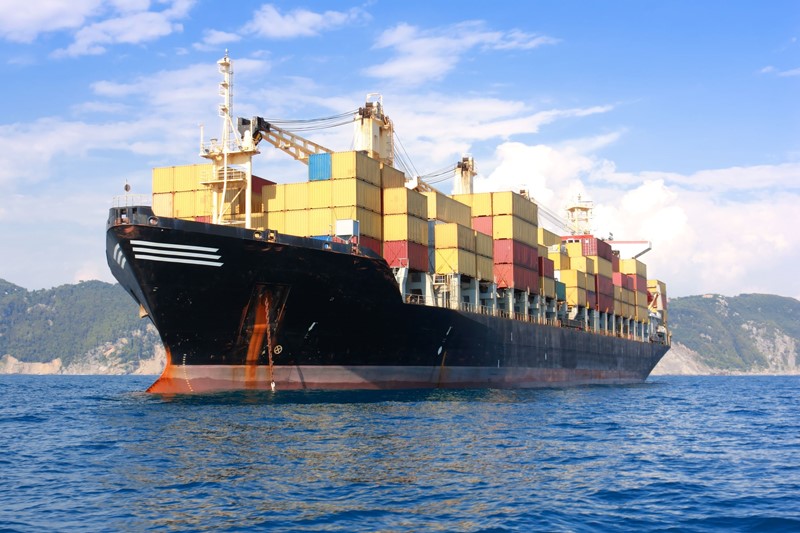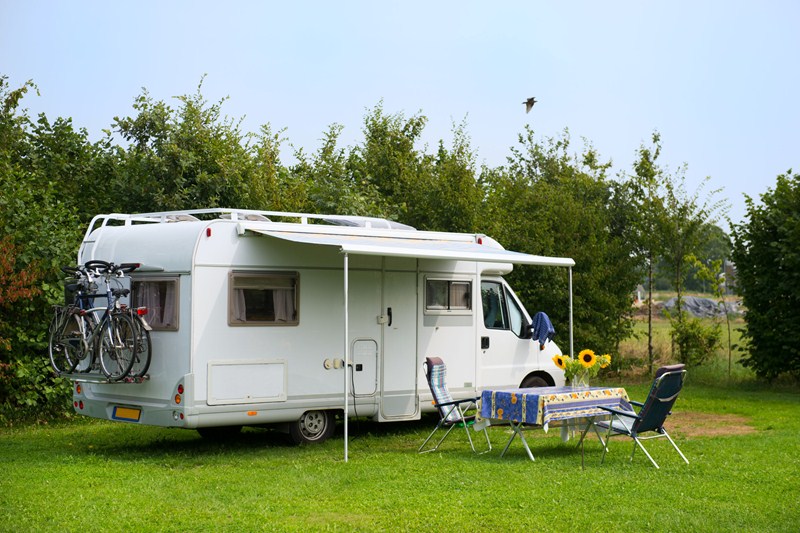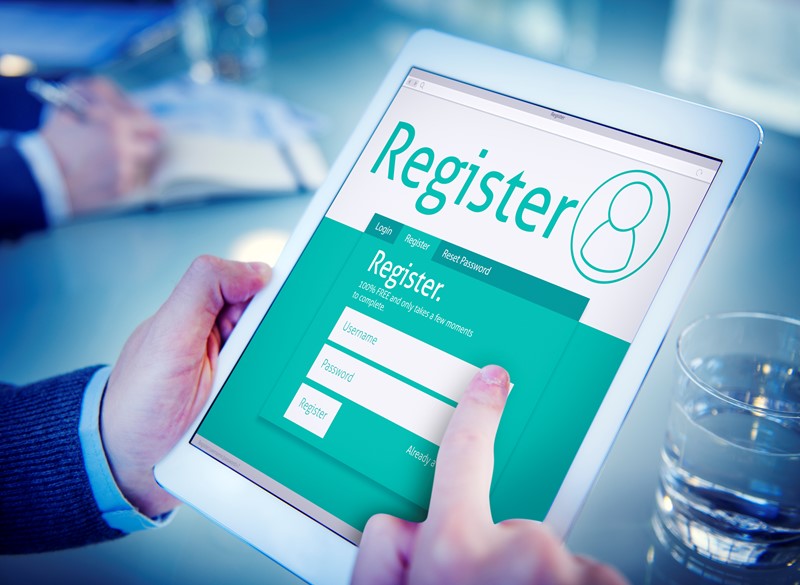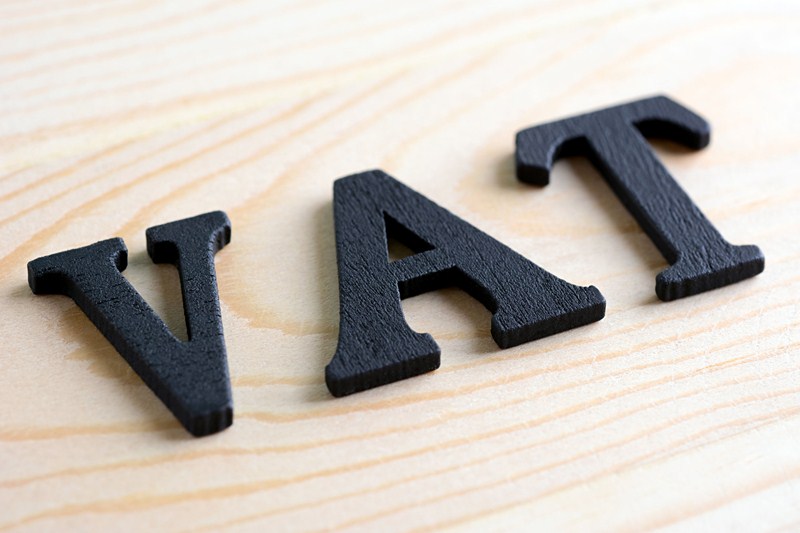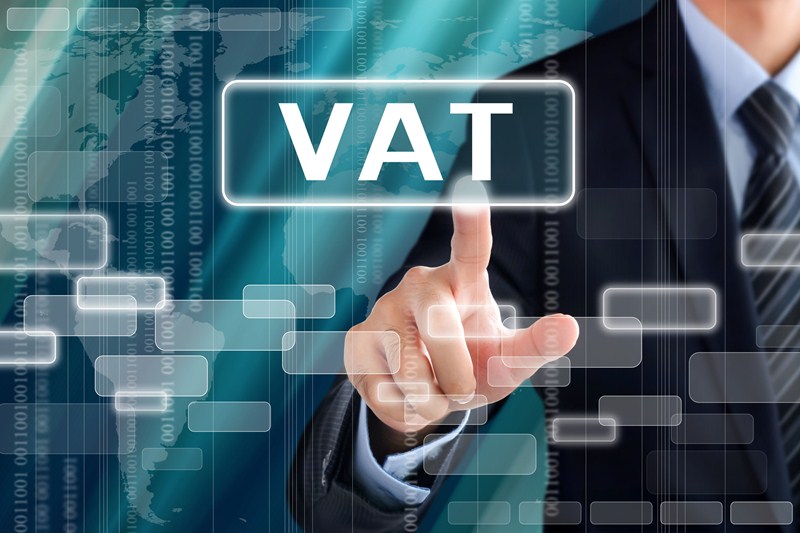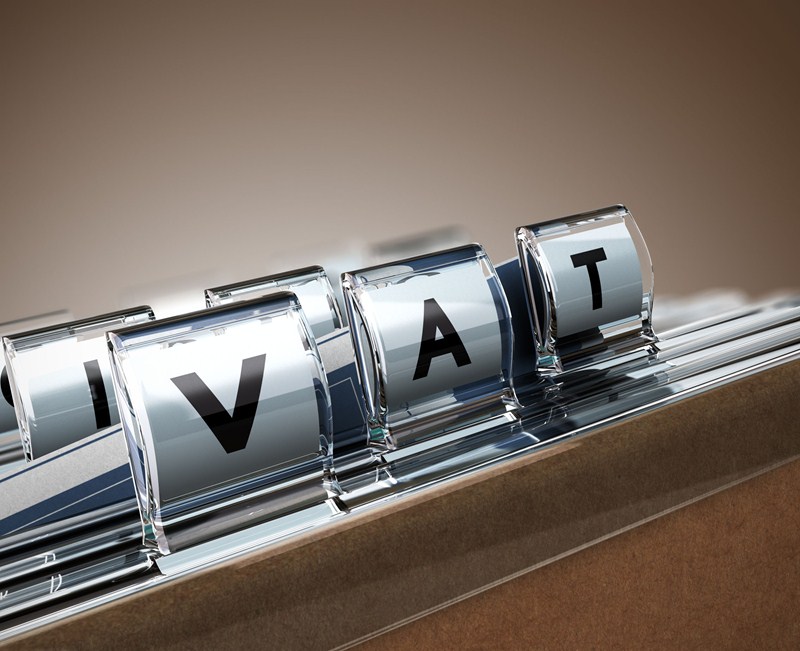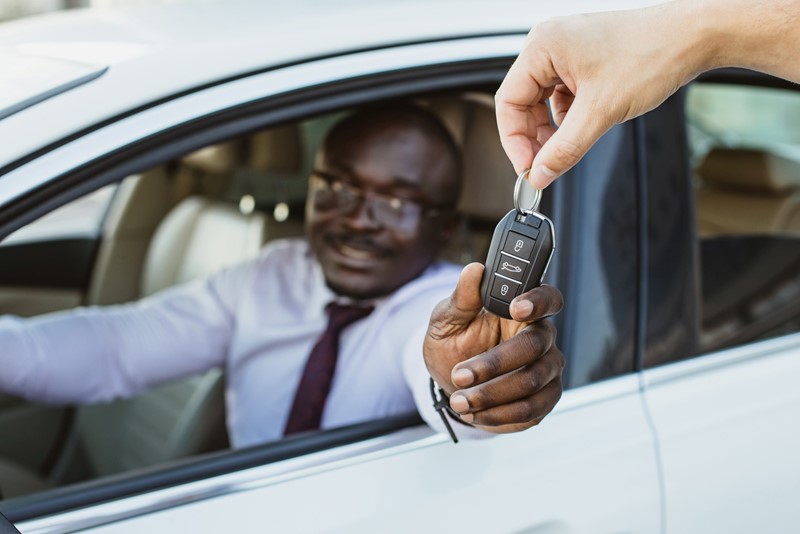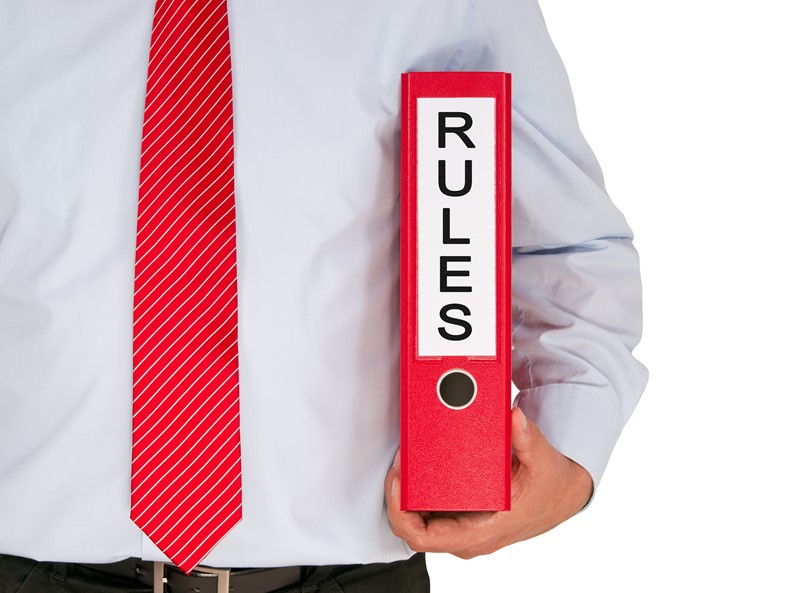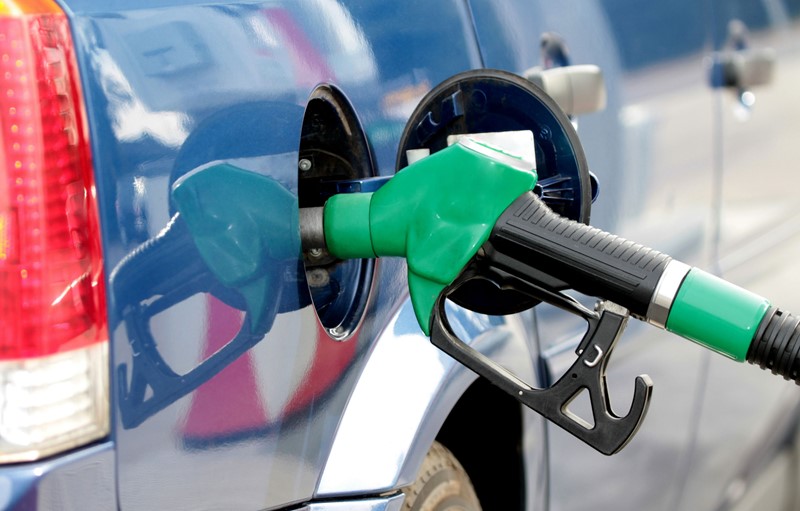If using the VAT Flat Rate scheme, businesses pay VAT as a fixed percentage of their VAT inclusive turnover. The actual percentage used depends on the type of business. The scheme has been designed to simplify the way a business accounts for VAT and reduce the administration costs of complying with the VAT legislation.
The scheme is open to businesses that expect their annual taxable turnover in the next 12 months to be no more than £150,000, excluding VAT. The annual taxable turnover limit is the total of everything that a business sells during the year. It includes standard, reduced rate or zero rate sales and other supplies. It excludes the actual VAT charged, VAT exempt sales and sales of any capital assets.
As part of an annual review, it is recommended that businesses using the scheme continue to qualify to use the scheme. Businesses that have joined the scheme can continue using the scheme provided their total business income does not exceed £230,000 in a 12-month period. There are also special rules where increased turnover is temporary.
A limited cost trader test was introduced in April 2017. Businesses that meet the definition of a 'limited cost trader' are required to use a fixed rate of 16.5% for the scheme. Businesses defined as limited cost traders may find it more beneficial to leave the scheme and account for VAT using traditional VAT accounting methods.
There is also a first-year discount for businesses in their first year of VAT registration of 1%.

